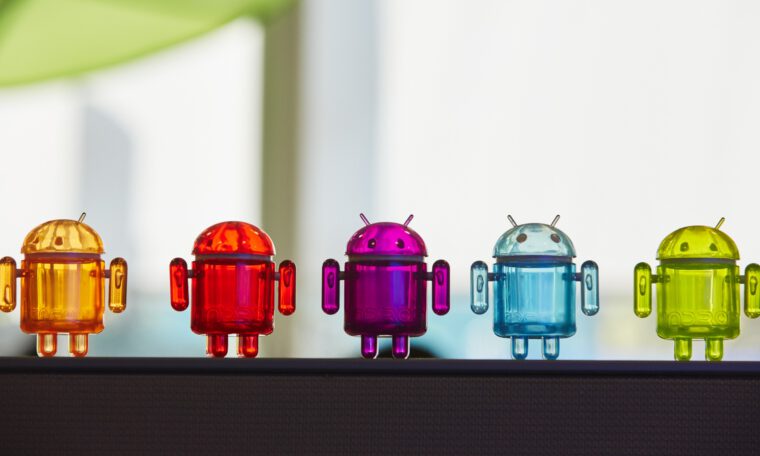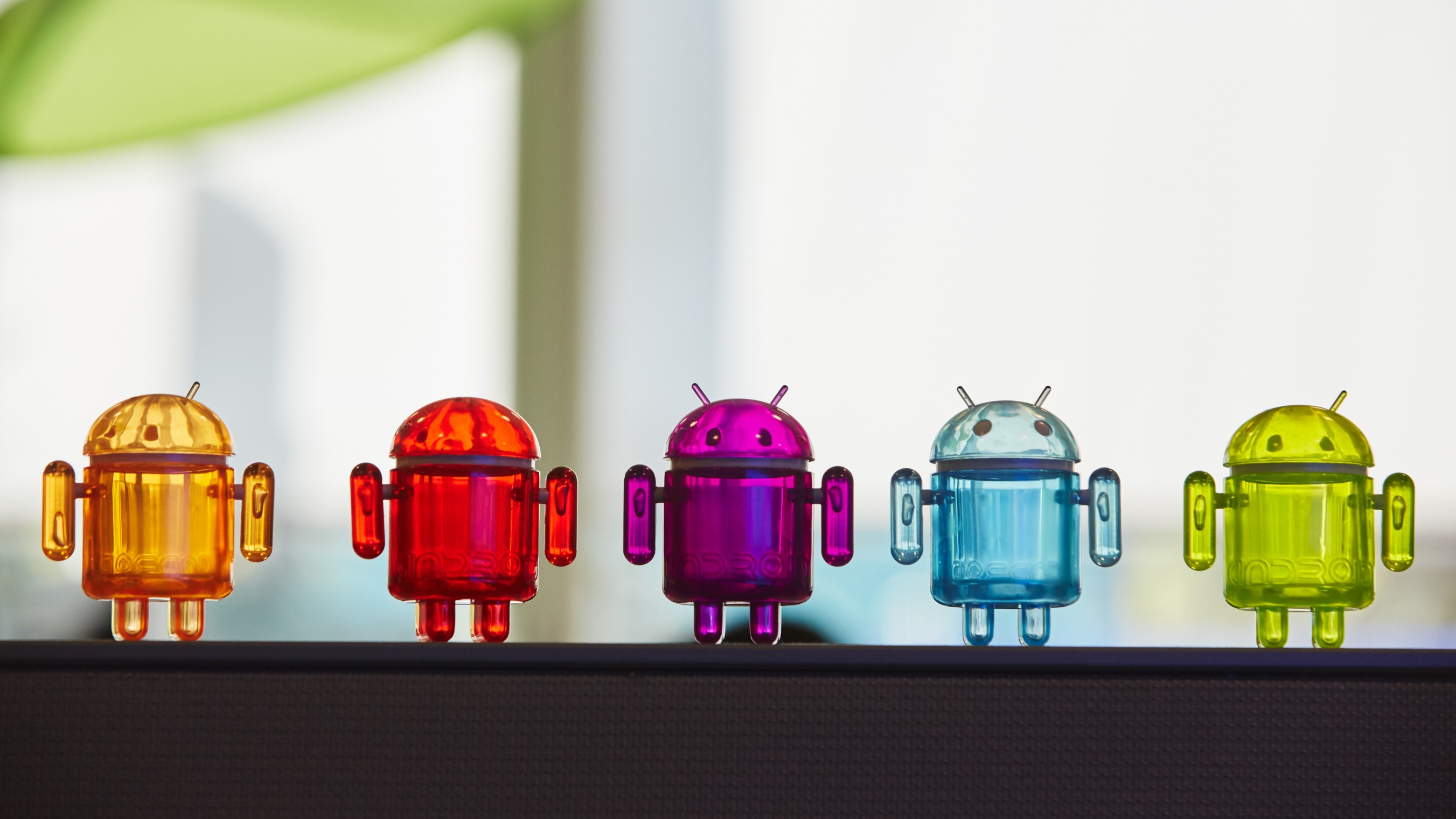
[ad_1]

Android 12 is still months away from its official rollout (likely in September), but that hasn’t stopped a torrent of new leaked features in the lead up to Google IO 2021, where we’ll see a more official version.
XDA Developers acquired an unreleased, experimental version of Android 12 in April. After diving deep into the code, the site has found dozens of new twists that you won’t find in the first, second or third developer previews. And other leaked features have arisen since then.
Frankly, some of these leaked features are not something that anyone outside of Android power users would notice. But there are a few new tricks that would absolutely benefit Android phone owners if they make it to the official release or public beta.
Here are six leaked Android 12 features you should watch out for later in 2021.
1. Auto-hibernating apps
We learned back in January that Android 12 might add this feature, but only got confirmation of a working prototype more recently from XDA Developers.
If you enable app hibernation, your Android phone will automatically track which apps you haven’t used for a few months or more. At that point, the OS will do the following to unused apps:
‘Permissions are removed to protect your data”Notifications are stopped to save battery”Temporary files are removed to save space’
This appears to be an inverted version of iOS offloading. iPhones can be set to automatically delete app files when storage is low while keeping your saved documents and data. Android hibernation will delete your cached data after a set period of time regardless of your storage situation, while leaving the app fully installed.
Android app hibernation could certainly be useful for optimized storage, but what we find more exciting is that this feature helps busy (read: lazy) folks like ourselves who don’t have time to pare down our app drawers.
It automatically curtails older apps with generous permissions so they don’t indefinitely track or pester you, and you can simply go to the Unused Apps settings menu and delete them all at once if you decide you’re done with them.
2. Auto-translated apps
Android developers with limited resources tend to localize their apps for languages with large enough markets to be profitable, or only release them in their native language. That shuts out a huge number of non-English-speaking users from some of the more popular Play Store apps.
That could finally change with Android 12 thanks to automatic app translation, which XDA Developers claims it has spotted deep in the leaked build’s code.
You can currently use Google Translate to near-instantly convert a website page into over 100 different languages. It makes logical sense that Google would add this automatic functionality to Android apps.
According to XDA, Google may make Translate an exclusive to Pixels, while other phone makers could add their own platforms as the default UI translator – or users could substitute in third-party translation apps.
Google Translate doesn’t always transcribe into natural-sounding text, and we’re certain some languages translate better than others. But somewhat mangled text is so much better than complete inaccessibility for international users.
3. Hold the power button for Google Assistant
While Google Assistant has a lot going for it over Siri, one thing we do like about Siri is that you can just press and hold an iPhone’s power button to get its attention, rather than having to use a wake word.
Android already gives you other ways for controlling Google Assistant, like squeezing or double-tapping your Pixel – or opening the Assistant app – but touch controls can be finicky and prone to false positives. Some Android skins like OnePlus’ OxygenOS have the option to map Google Assistant to the power button, but not Samsung or Google.
So we’re thrilled that Android 12 will reportedly add this option and make Assistant commands easier to queue up.
4. Pull ‘deleted’ files out of the recycle bin
Android 11 added a ‘trash’ functionality where apps could send deleted files to a hidden trash folder before permanently erasing them. That way, the apps could offer you the chance to bring those files back if you regret your decision later.
That trash folder is currently hidden and inaccessible. In Android 12, Google could place an official Android recycling bin in the Google Files app. There, deleted files will sit for 30 days before vanishing for good. In the meantime, you’ll have the option to check your phone storage and see how much space the trash is taking up.
Certain apps may choose not to use Google’s recycling feature. The rest of the time though, this trash feature will make Android phones more like your Windows or Mac computer, where dumping a file isn’t as stressful because you can immediately change your mind.
5. A much-needed upgrade for Android tablets
One of the common weaknesses of Android tablets compared to the iPad family is its software and UI. For example, iPadOS does better with tools like picture-in-picture and multi-tasking, doing more with its large display than just making everything bigger.
Android 12 could begin to change that. The first developer preview made updates to Android to help it work better on different screen sizes, including tablets. Now we know there’s more to come.
XDA Developers got a buggy version of the leaked App Pairs feature working, with which you can put two apps side-by-side, give one app or the other more space, and automatically swap their positioning by tapping the divider between them.
The site also added its leaked beta version of Android 12 to a tablet and found it could split the home screen in two, showing two pages of apps at once.
So we’re hopeful that future Galaxy Tabs and other Android tablets will get a major productivity boost from the next OS.
6. Optimized Android 12 on the Pixel 6
We’ve heard from two separate sources that the Google Pixel 6 and Pixel 6 XL will run off a Google-made system-on-a-chip (SoC) codenamed GS101 Whitechapel.
While not strictly an Android 12 ‘feature’, this new chipset will allow Google to optimize Android 12 performance on less powerful (and less expensive) hardware, the same way Apple does with its A-series Bionic chips.
If Google’s Whitechapel chips live up to their potential, Pixel phones could stay more affordable than other flagship phones while catching up to them in performance. And Android 12 could run more smoothly than any Android OS before it.
[ad_2]
Source link



